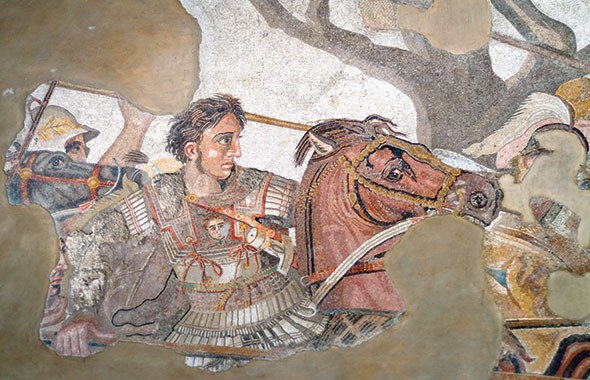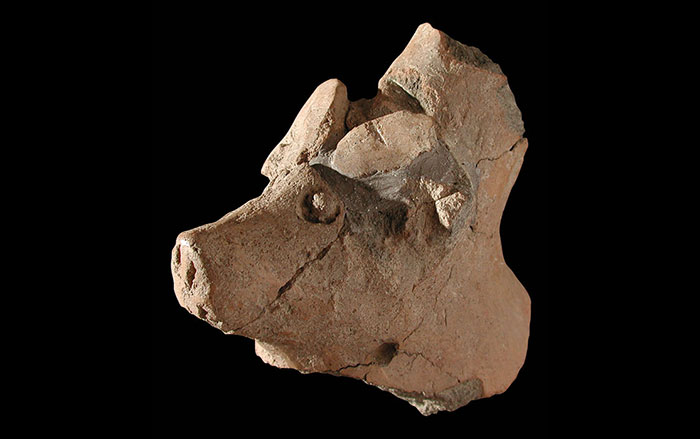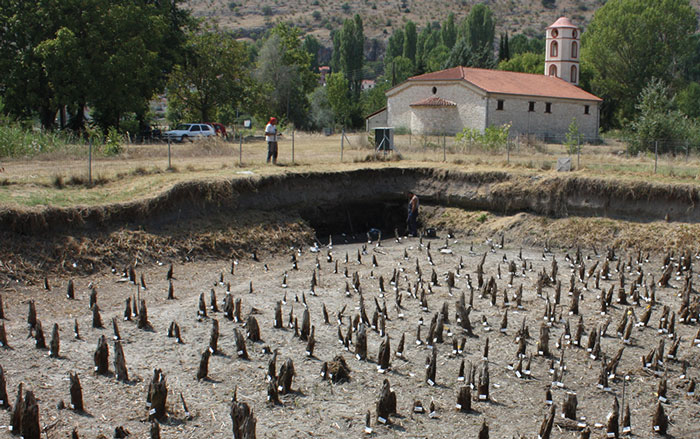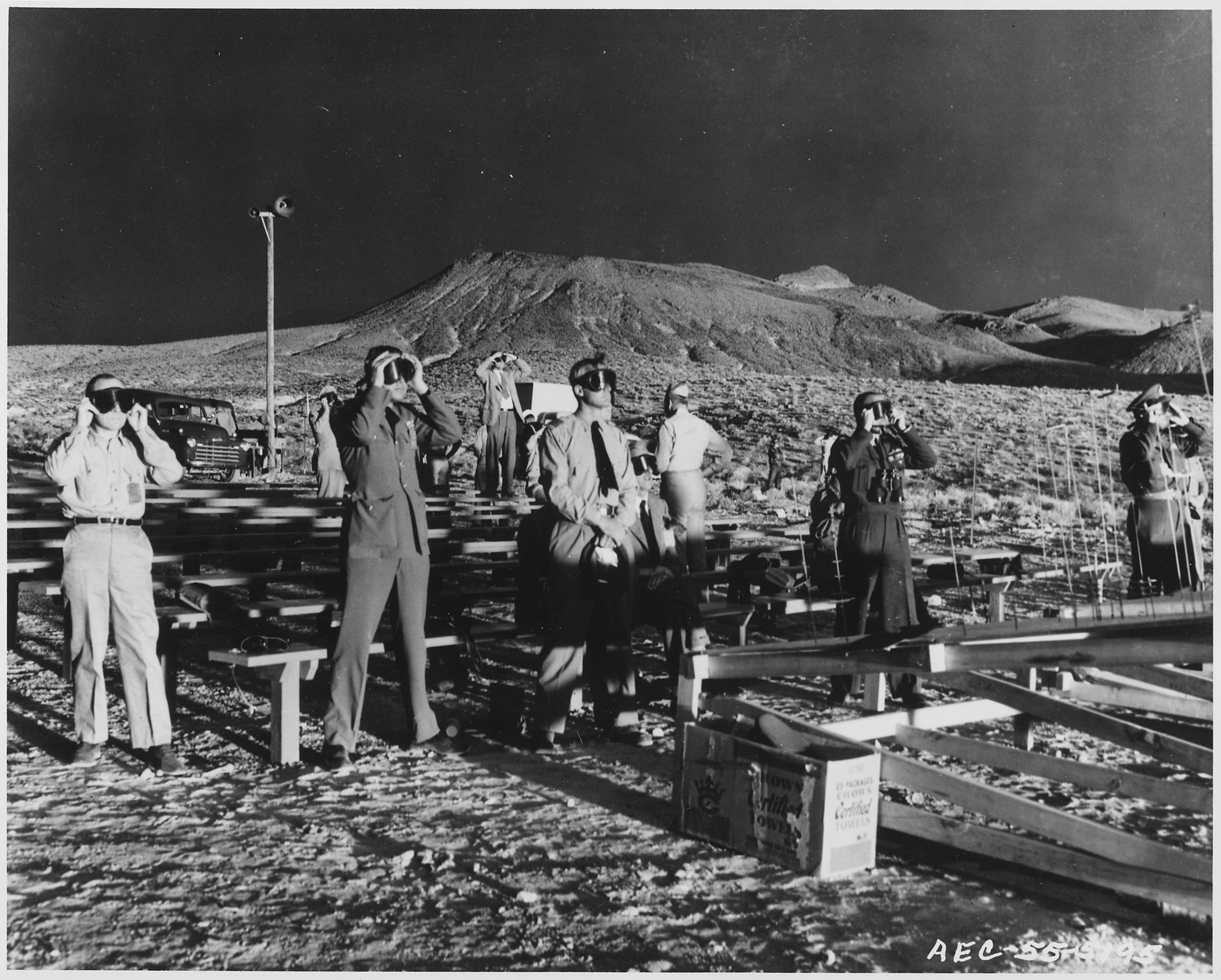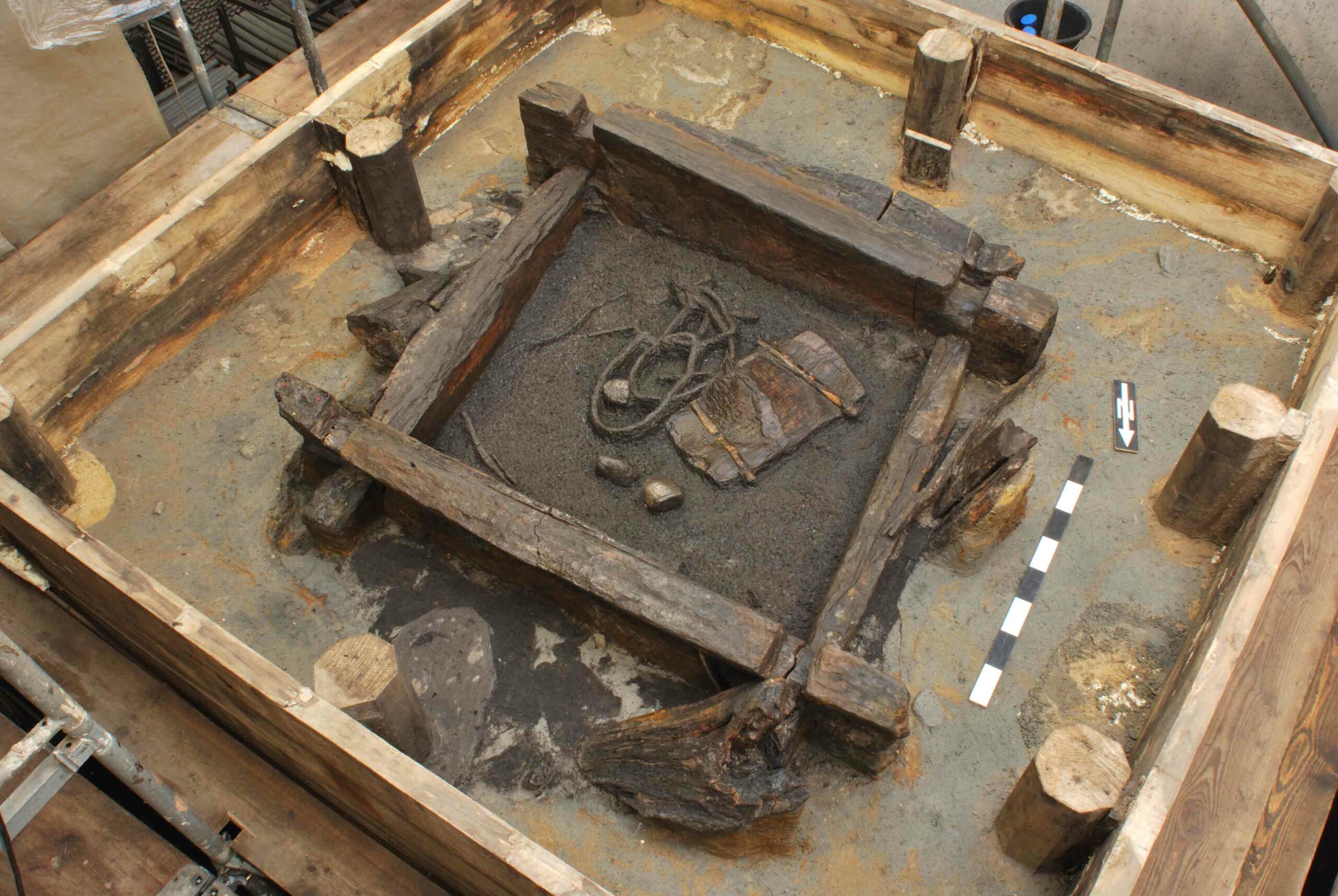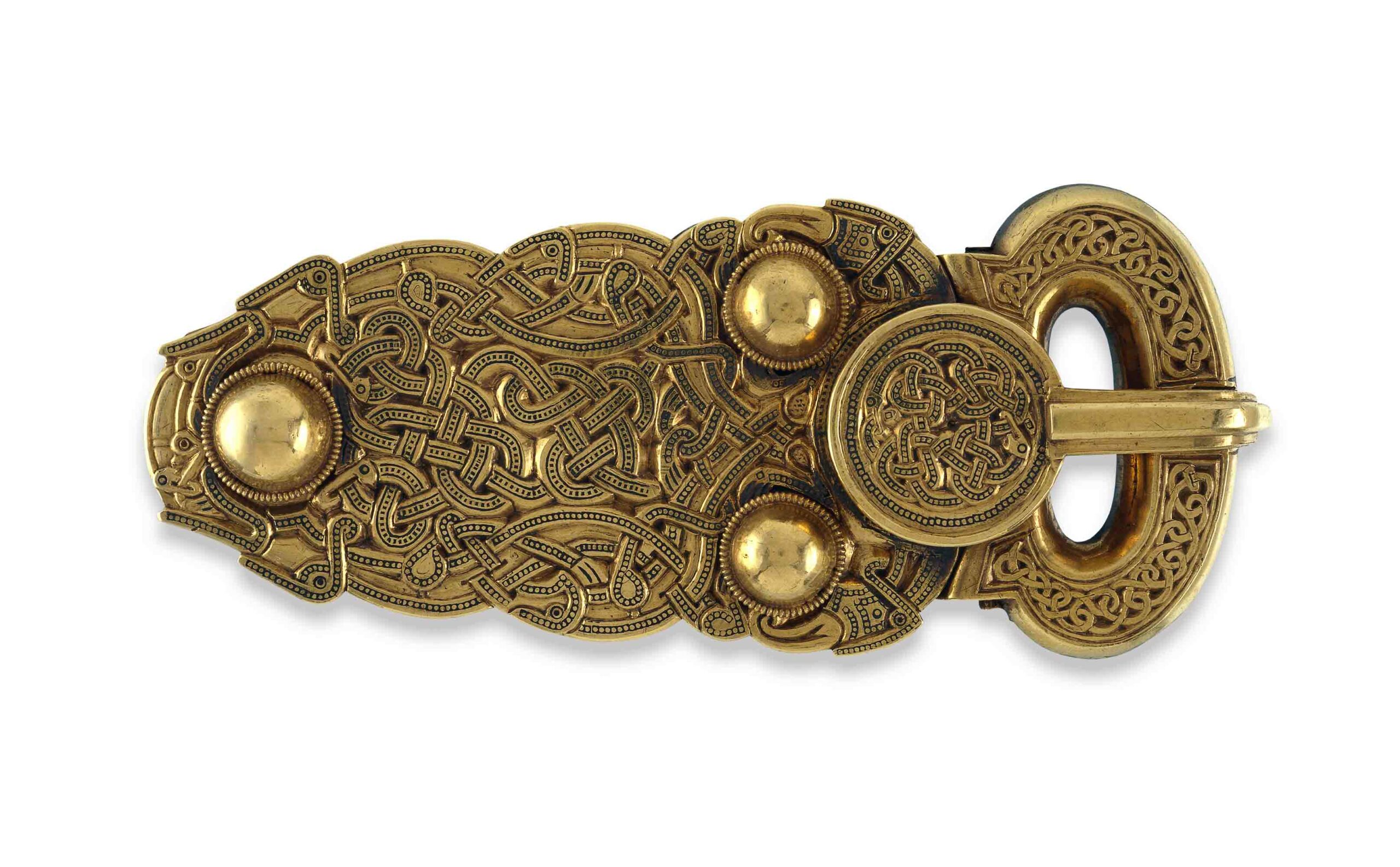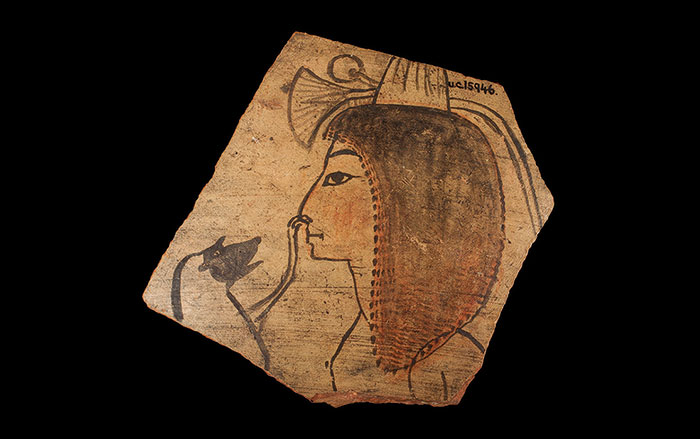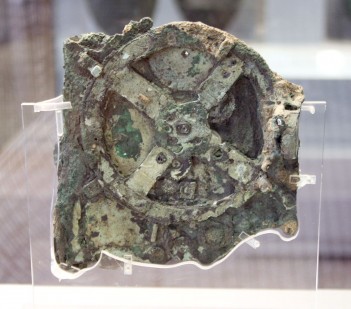
TACOMA, WASHINGTON—The Antikythera Mechanism was timed to begin at 205 B.C., making the clock-like device of bronze gears 50 to 100 years older than previously thought, according to a study conducted by James Evans of the University of Puget Sound and Christián Carman of the University of Quilmes in Argentina. The device, which has been called the world’s oldest computer, was recovered from a shipwreck off the Greek island of Antikythera in 1901. Evans and Carman studied Babylonian records of eclipses, reconstructed by John Steele of Brown University, and eliminated possible start dates based upon astronomical phenomena. The highly complex machine may have been based on Babylonian arithmetical methods, and not Greek trigonometry, which didn’t exist in 205 B.C. To read about a working model of the Antikythera Mechanism made entirely of Legos, go to "Artifact."


